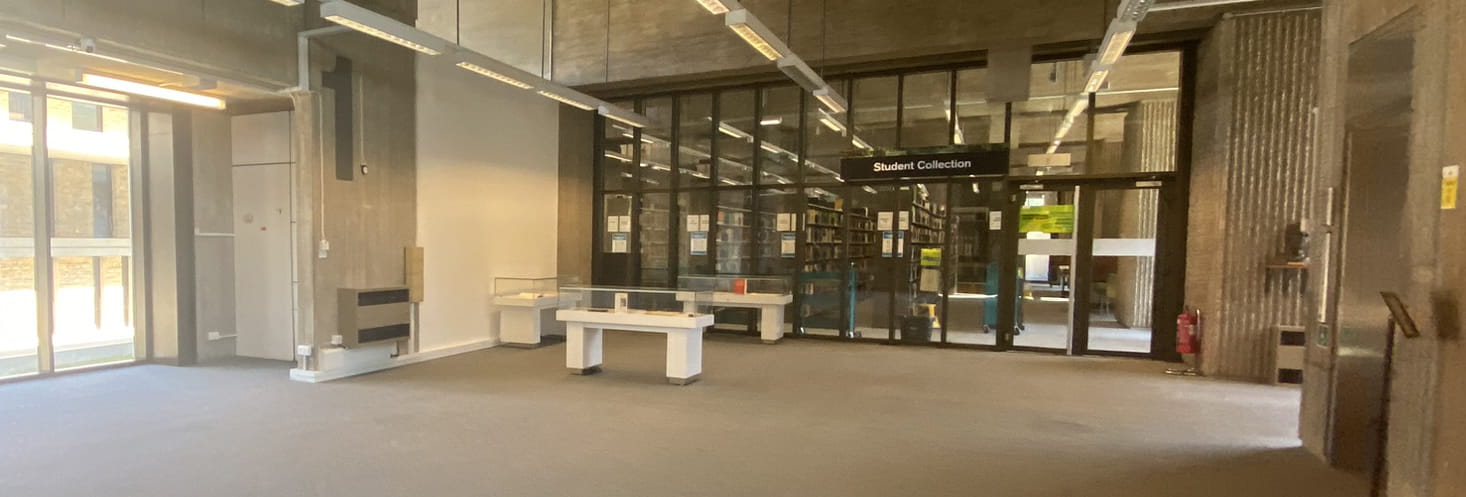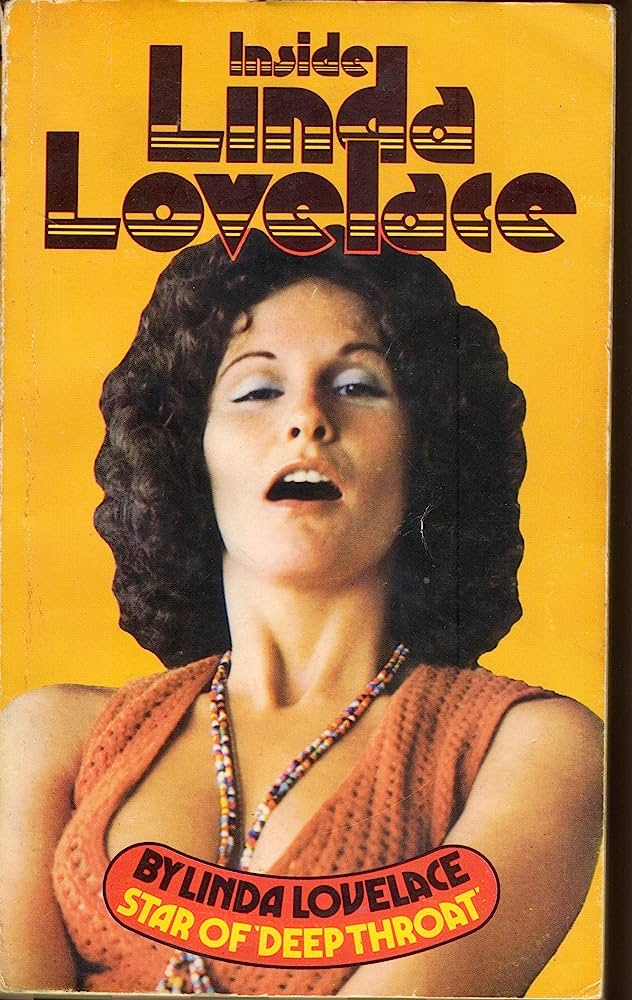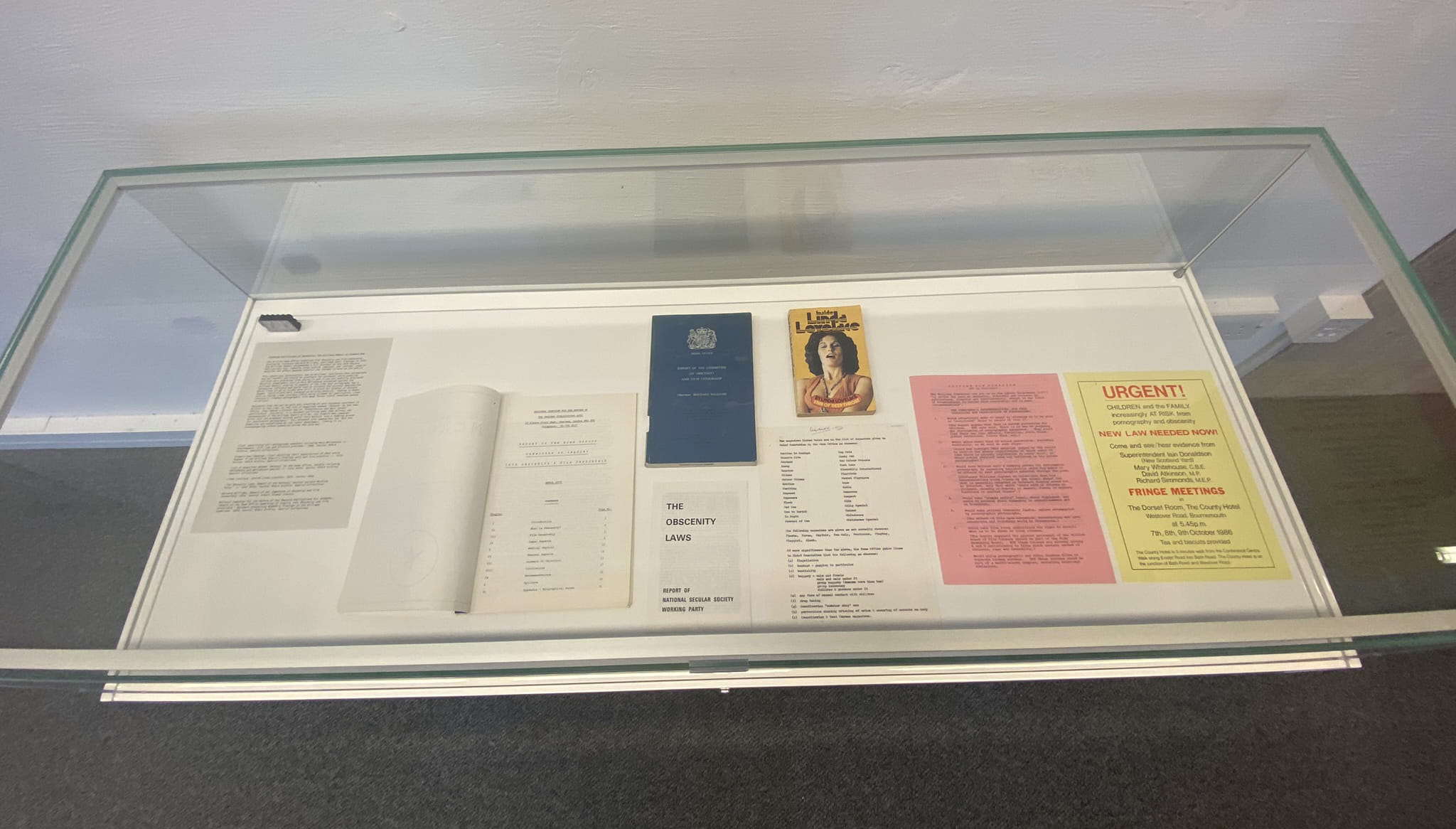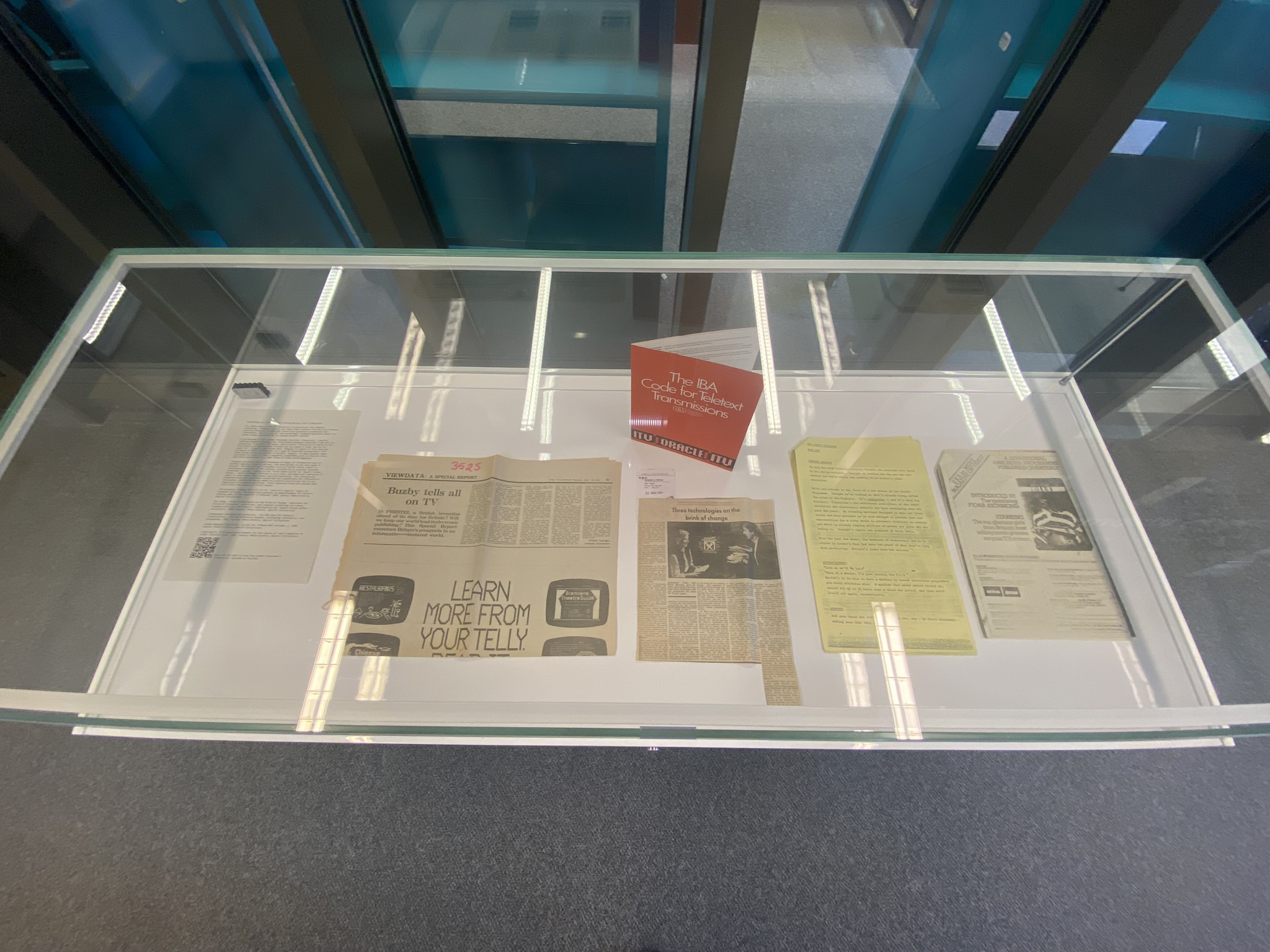Dispatches from the Culture War: homosexuality, blasphemy, and obscenity in British media

Have you visited the first floor of the Albert Sloman Library and looked a little closer at the display cases there recently? If you are passing, take a look, you might be surprised by the wonderfully titled "Dispatches from the Culture War: homosexuality, blasphemy, and obscenity in British media", curated by University of Essex BA Curating final year student, Tilly Hawkins.
Tilly tells us more about the archival exhibition and why she chose a practical project to finish her degree with.
What is the exhibition about?

The exhibition explores discourses in British media which took place from the late 1970s to early 1980s. The objects displayed are taken from the archive of the National Viewers and Listeners Association (NVALA) which are contained in the Special Collections archives of the University of Essex Library. My role as curator is to view the archival objects through a queer lens, therefore, celebrating that side of the culture war.
NVALA was run by right-wing morality campaigner Mary Whitehouse from her home in Ardleigh, near Colchester. Her proximity to campus led to her appearing twice in Essex student newspapers over the years. An issue of K3 from the late 1970s describes students gathering outside her house, part of Essex’s legacy as a deeply politically engaged university. However, an interview in Vulture in 1990 presents a more ambivalent view of Mary Whitehouse, signifying the shift in the public’s perception of her from a fringe radical to part of the establishment.
The years that Mary Whitehouse was most active were a period of seismic change within the British media landscape. In the 1960s the BBC, helmed by Hugh Carleton Greene, had traded its role as moral arbiter of the British people for a more representational approach, creating new programming which reflected the increasing diversity in British society. The increased secularisation of society, and the increased visibility of the gay liberation movement, led to campaigning from members of the reactionary Christian right such as the group Nationwide Festival of Light, of which Whitehouse was also a member. This period also saw changes in legal and societal definitions of ‘obscenity,’ with the Report of the Committee on Obscenity and Film Censorship advocating for a reform of the Obscene Publications Act and suggesting explicit material should be available for those who wished to purchase it. The early 1980s saw controversies around the availability of adult content on new technology such as VHS tapes and Viewdata services.
Through the objects in the NVALA archive, we can understand Whitehouse’s position as part of a broader narrative of discussion around obscenity and censorship in late twentieth century Britain. The questions posed by these historical documents around representation, censorship, and technology are still relevant today.


What about the NVALA archive makes it so interesting to the queer community?

Despite being the product of a campaign of homophobia and censorship against the queer community, the NVALA Archive is a rich repository of documents relating to queer activism in the 1970s and 1980s.
Representatives of organisations such as the London Monday Group for Homosexual Equality, Portsmouth Gay Group, and Gay Solent reached out to Mary Whitehouse personally, providing information and inviting her to attend their meetings.
Whitehouse also collected many documents and news clippings related to queer activism, providing a valuable insight into the activities of the UK’s gay liberation movement, though the question of whether she can be considered a queer archivist is a thorny one. Instead, Mary Whitehouse’s archival activity exemplifies a selfish or violent impulse inherent to collecting practices. By collecting these items in her personal archive, Mary Whitehouse removed them from general circulation, preventing members of the public from freely accessing materials related to queer history.
"On the University of Essex BA Curating, we foreground not just history and theory but the practical skills needed to prepare students for jobs in museums and galleries, working across contemporary art and historical material. As part of her final project, our BA Curating student Tilly worked with controversial material in the university’s special collections to create a new exhibition display. Her project shows how curating can be an investigative, critical process, to reveal stories and histories in a collection, even where - as in this case - the original collection was all about trying to ban and silence those stories." - Dr Gavin Grindon, Senior Lecturer in Art History at the University of Essex.
"This exhibition came about when I discovered the University of Essex’s Special Collections was home to the personal archive of Mary Whitehouse, a right-wing pro-censorship campaigner who ran the National Viewers and Listeners Association from her house in Ardleigh, Essex. Waging a tireless one-woman morality crusade to rid Britain’s media of ‘obscenity,’ Whitehouse’s targets included the BBC, punk rock, and the queer community. The items she collected tell stories of media controversies in Britain in the 1970s and 1980s, a time of seismic changes in media, technology, and society. I aimed to recontextualise these objects, removing them from the shadow of Whitehouse and her legacy to reveal the wider story within the British media landscape. I approached this project through the idea of ‘queering the archive,’ foregrounding the voices that Whitehouse sought to silence by highlighting the queer ephemera in the collection, displaying these items as a snapshot of twentieth-century activism. Other parts of the exhibition highlight key moments of questioning legal definitions of obscenity, such as the Report of the Commission on Obscenity and film censorship, or ask pertinent questions about responsibility for user-generated content on digital platforms, such as the controversy around the ‘Dirty Books Guide’ on the Prestel Viewdata service." - Tilly Hawkins, BA Art History
"Dispatches from the Culture War: homosexuality, blasphemy, and obscenity in British media" is available to visit now on the first floor landing of the Albert Sloman Library and will be installed until October 2023.


